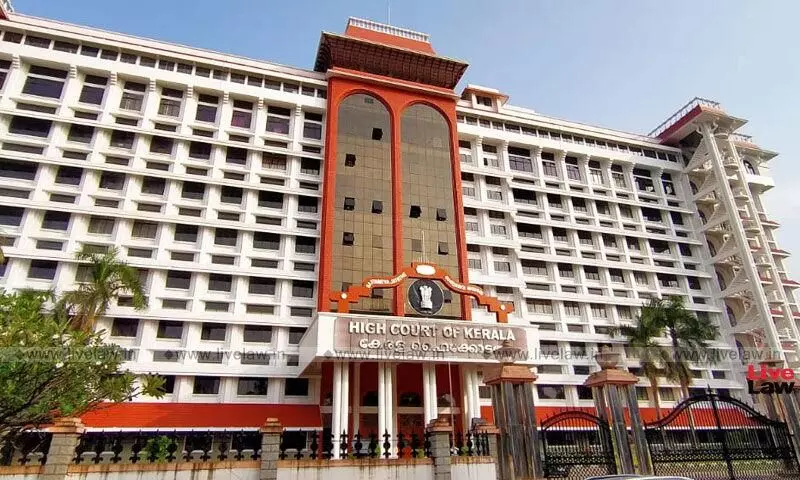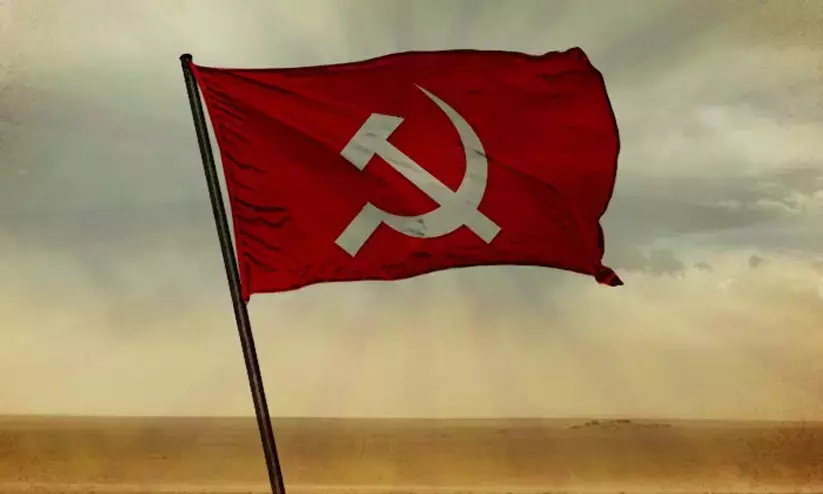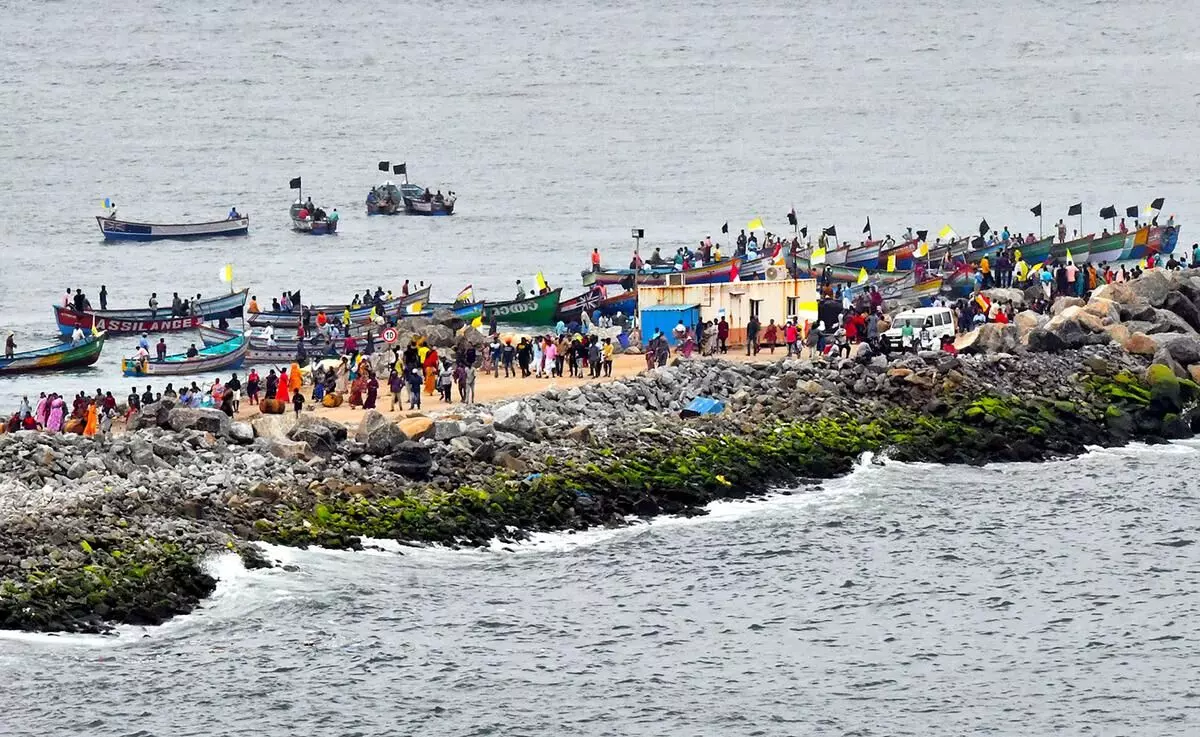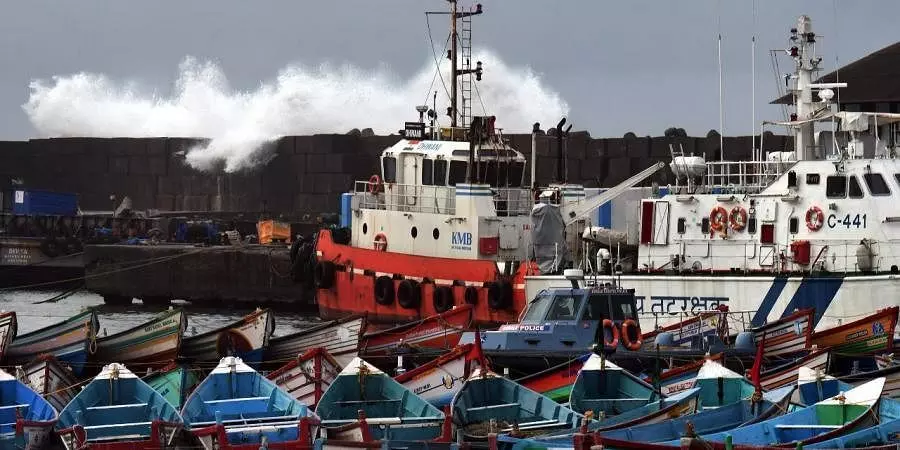
The land and sea that don't clear up in Vizhinjam compromise
text_fieldsThe Hindu photo.
After reaching a compromise with the state government, it has been agreed to withdraw the 138-day long protest led by the Latin Catholic Archdiocese against the Vizhinjam International Port. As indicated in the press release of the protest committee, the strike has been temporarily withdrawn in the hope that the government will address their legitimate demands in time and that the assurances given will be fulfilled, although no decisions have been taken on the seven issues as demanded by the fishermen. In the context that the chief demand for the stoppage of the construction of the port and for appointment of a panel including expert representatives suggested by the fishermen and to conduct an environmental impact study is not accepted, a people's expert team has been decided for that purpose. It has also been decided that the legal battle in the writ petition filed by 126 fishermen will continue.
 Also Read:Vizhinjam port: no issues in deploying Central forces, govt tells HC
Also Read:Vizhinjam port: no issues in deploying Central forces, govt tells HC
Mainly three types of criticisms have been raised against the Vizhinjam project. One of them is that it will disrupt the natural ecosystem and balance of the sea, which is known as undersea rain-forest and the breeding harbour of India, with its vast coral reefs and fish resources. Adani's port construction has started and has reached halfway without considering the environmental impacts and without conducting serious studies. Coastal encroachment and depleting marine fisheries have created no constraints for the mainstream political parties and central and state governments in Kerala, where corporate development has become the main agenda. The strange thing is that despite having the experience of Vallarpadam port in front of our eyes, even our cultural leaders got lulled into Adani's Vizhinjam dreams. The second demand raised by the strike is the survival crisis faced by the fishermen and their families in connection with port construction activities. Due to the construction of dykes, the drastic changes in the coast and coastal waters have disrupted fishing. With declining fishing days and increased boating accidents, the need to put boats to sea safely and secure a livelihood was vital to them. Six out of the seven demands raised by the protesting community were of this type. Although governments have conceded these several times, they have all been doomed to a snail's crawl or a halt midway.
Indeed, the greatest success of this struggle was that all the demands were taken seriously by the government and the Chief Minister personally assured the agitators. He also reiterated in the Assembly that they will be fulfilled in a time-bound manner. It is heartening to note that this compromise formula will be helpful to the fishermen families who had to stay in relief camps and temporary shelters, to get some relief. The third major issue raised by the anti-port movement is the unethical exploitation of resources by corporate capitalism through state cronyism. The anti-Coca-Cola protest in Plachimada is recorded in the golden letters of Kerala's mass politics. Kerala stood together, took up the struggle for survival raised by the tribals and checkmated an international corporate.
Kerala was unable to take up the fishermen's struggle with the same political consciousness and humanitarian unity. That tradition of struggle has been lost to the illegitimate contractors and schemes built by 'native tycoons' through crony capitalism. Without even showing the courage to actively raise the illegalities of the Vizhinjam port project and its unique habitat lying in sea and land being bought for a price, Keralites had to hide their 'political enlightenment' in the deep sea of silence. Even after the Vizhinjam protest end, the questions and concerns raised by it will remain in the air. Moreover, the Vizhinjam protest and the compromise reached raise new questions about Keralites' political hypocrisies, intellectual double standards, hidden communal grudges and compromises in the corridors of mediation.


























